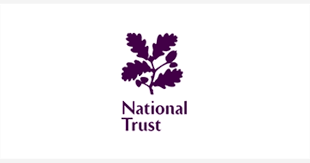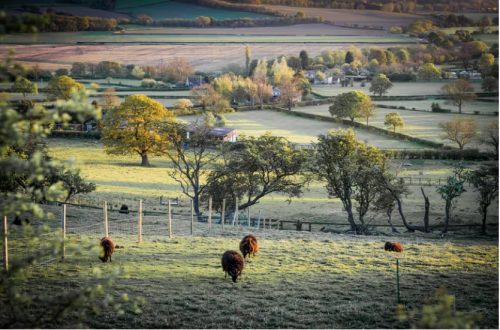This is a guest post by Fiyaz Mughal, adviser to Nick Clegg, former Liberal Democrat London Mayoral candidate, and Councillor
My past echoes of the sounds of civil war in Uganda and of failed coup attempts in Kenya. It also echoes of the sounds of migration and voices who regarded ‘Asians’ as the enemy within when the only crime of these communities was to be successful. You see, my family fled from the butchery of Idi Amin and from the 1983 coup attempt against Daniel Arap Moi by Kenyan air force and army generals.
The migration finally led to the settlement of my family in a country I call home and in a place which I have learnt to love. For the last 26 years, I had been an ‘Asian’ and now a British Muslim, yet I am also proud to have multiple identities that I can relate to within a day and all of this diversity and vibrancy leads to a greater bond between my country and I.
My grandfather who was born in Amritsar, in India, was a man who supported British soldiers in Uganda during the Second World War and the support he provided was through logistics and munitions supplies. My ancestry therefore had many links to British forces, yet I find that in today’s climate around extremism and Muslim communities, there are those voices who regard Muslims as the ‘other.’
Islam has taught me and many others to work for social justice, to work for the dispossessed and to reach out the hand of friendship to other faiths and to those who want to have no faith. It talks about respecting the rights of people who are different to you and it talks about ensuring that wealth can be accessed and redistributed (no – it is not socialism, as some Republicans harped on about in the recent US elections). Islam also teaches individuals to question and not to accept just to sustain power structures. In many instances it pushes emotions and thoughts to a level which remove complacency. Yet, in today’s world, Islam is painted as uni-dimensional, as being barbaric and unable to change, even though Islam has developed and fused with local cultures throughout the globe. Its flexibility has been its strength and its diversity has been its lifeblood.
You see, having been called a ‘foreigner’ in East Africa and being seen as the ‘other’ made me understand the need to reach out and work with other communities in whatever I did in life. Those same xenophobic statements are now being bounded around so easily in our country. These statements suggest that Muslims have no allegiance to the UK, that they are conspirators and a fifth column that is always ready for Jihad. Such language and sentiments are no different to the hard and brittle thoughts that I hear coming out from those other purveyors of hate, Al-Muhajiroun and Hizb-ut-Tahrir (HuT), even though in some areas like Slough, HuT has realised that the language of exclusionism and isolation leads nowhere.
For over 400 years, my ancestry has therefore been linked to Britain in some way or another. Yet, back in ‘mother England’ as a British Muslim, I must continue to drive home the fact that my allegiance will never be rocked. My sense of belonging is even more heightened, especially when I leave the UK and travel abroad. Nirvana always comes in the shape of the green fields of England and there is nothing sweeter or more refreshing than the break of dawn over this island which I call home. I know that if I can and do feel like this, then there are those hundreds of thousands of British Muslims who also feel like this. Their voice needs to be heard and supported and they are the anti-dote to those who hate and speak of a fifth column of Muslims. If ever there is a time for understanding, it is now and if ever there is the need to break through stereotypes and political mischief, it is now. Our time has come, a time of working, living and laughing with our fellow citizens, as Jews, Christians, Muslims, Hindus, Sikhs and members of other faiths and none.
Fiyaz also runs Muslims Against Anti-Semitism


